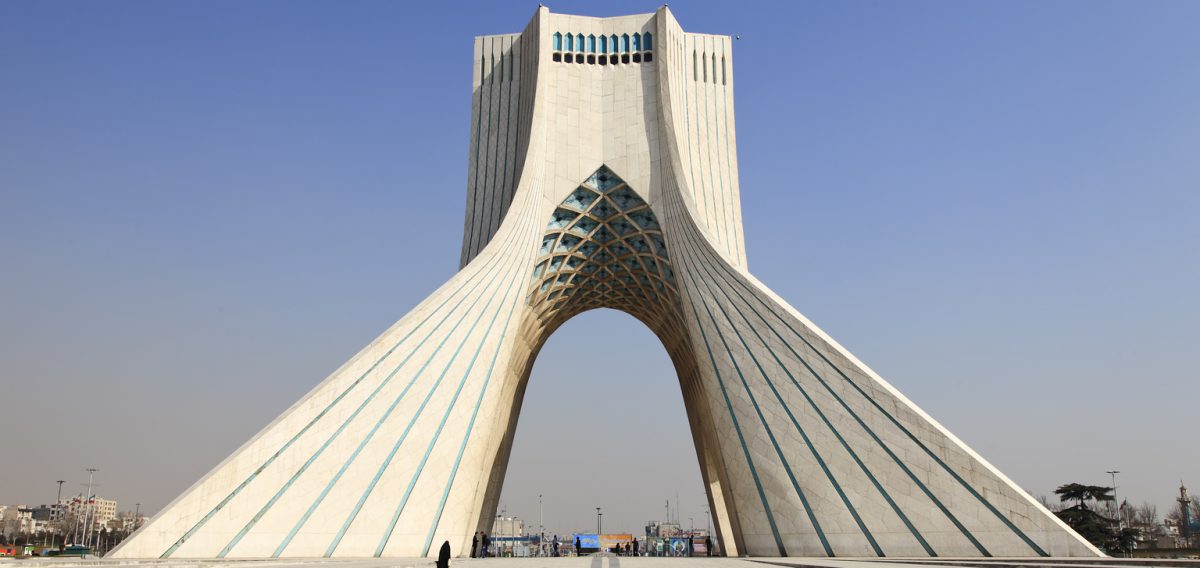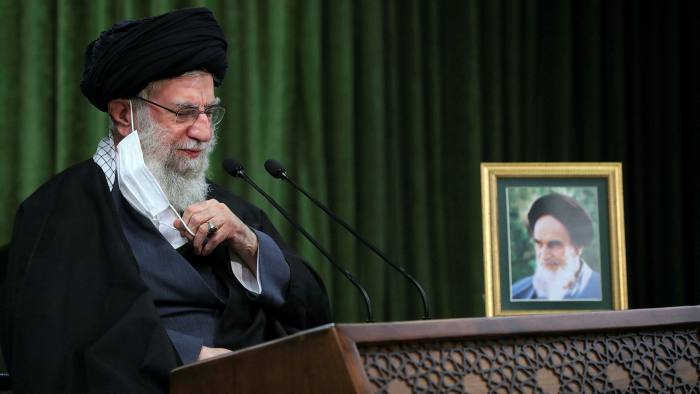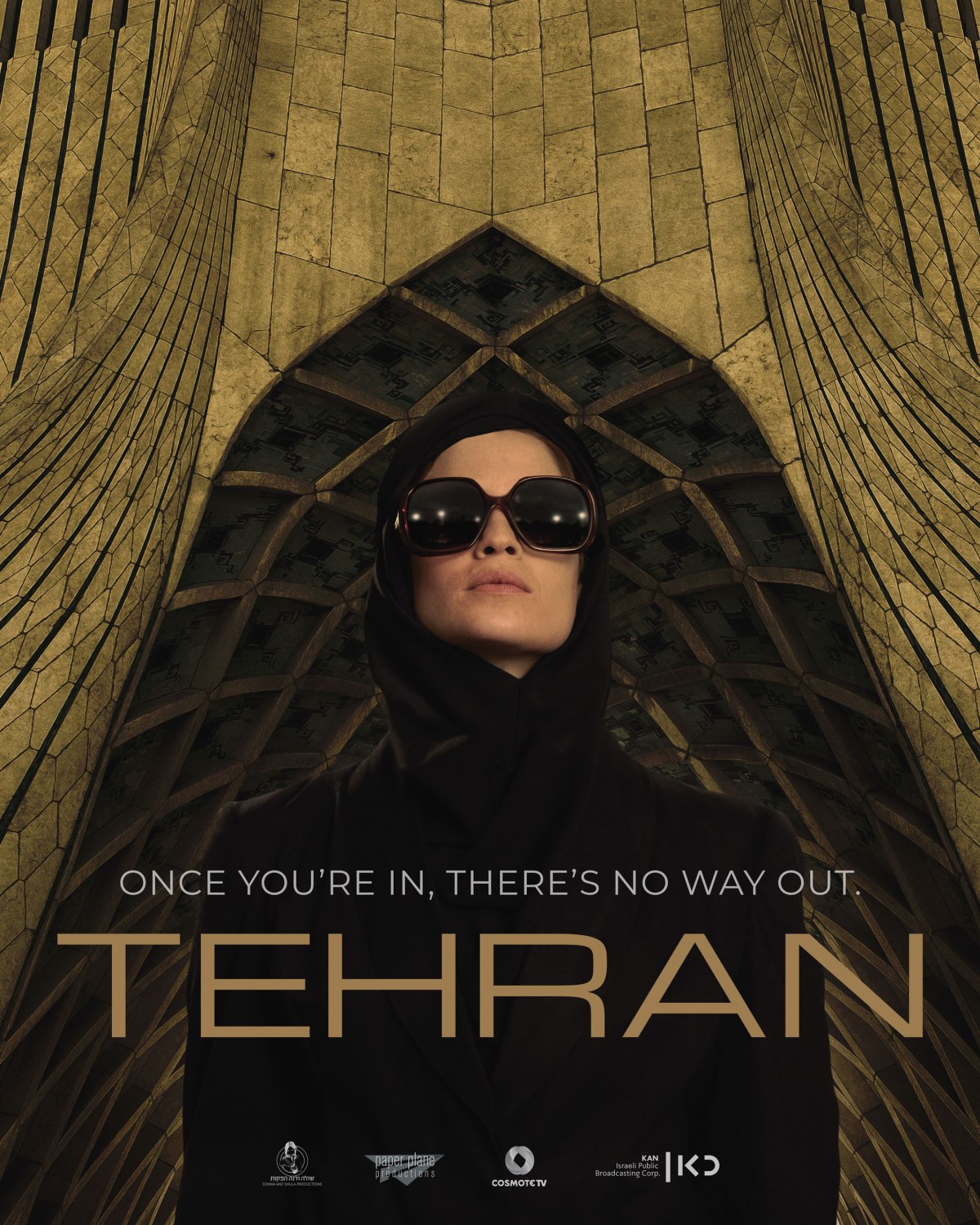It’s difficult to write about the JCPOA these days. The deal, to the extent you can still talk about it as a unitary concept, exists in a fungible state. Like Schrödinger’s cat, the talks are neither alive nor dead, both on the verge of success and the edge of failure. The truth is that after six months of negotiations, those of us observing from afar are still left guessing as to where exactly things stand.
The vicissitudes of the negotiations should be well understood by now. Periods of advancement and growing optimism were upended by a late-stage demand, sending the negotiators scrambling back home to find a reasonable middle ground with their leadership. “Unnamed officials” have served as our Greek chorus along the way, narrating the drama via the press with expected bias. Yet despite a few notable setbacks, the talks stumbled onwards, with all parties continuing to work diligently toward closing the gaps in their positions.
By most accounts, the two opposing sides in the talks — Iran and the US — resolved all nuclear-related issues weeks ago. The only remaining point of dissension involves a dispute technically unrelated to the nuclear file, namely whether or not the Iranian Revolutionary Guard Corps (IRGC) should remain on the United States State Department’s list of Foreign Terrorist Organizations (FTO).
The United States first designated the IRGC as a terrorist organization during the Trump administration in April 2019, approximately a year after Trump formally withdrew the United States from the JCPOA. The designation was a continuation of his so-called “maximum pressure” campaign to push the Iranian government to the point of either capitulation on its nuclear program or, barring their surrender, total regime collapse.
The designation of the IRGC was quintessentially Trumpian in all the prototypical ways. It provided a splashy, headline-grabbing piece of news; it was an unprecedented use of executive power; and, perhaps most of all, it was incredibly superficial. The United States already had so many sanctions on Iranian institutions and officials that designating the IRGC itself was of questionable material or strategic value. In practical terms, the designation could do little to curb the IRGC’s power inside Iran or in the Middle East region, where it continues to play an active role in Lebanon, Syria, and Yemen. What it has achieved is to make repairing U.S. relations with Iran much more difficult. This was, perhaps, always the point.
As is so often the case in Iran-U.S. disputes, the problem is one of perspective. From the Iranian point of view, the deal cannot exist again without restoring the conditions that led to its creation in the first place. The Iranians draw a straight line from the withdrawal decision to the IRGC designation as part of Trump’s overall anti-Iran strategy. Because this decision followed the United States’ withdrawal from the JCPOA, it is, in the Iranians’ view, incumbent upon the Biden administration to remove this particular sanction so that the deal can be restored.
For the United States, the situation is more complicated. Unlike the Iranians, who see the designation as connected to the nuclear deal, American politicians seem mostly to view it in isolation. The IRGC is an obvious “Bad Actor” for any American politician, and there is little to be gained from saying “nice” things about it in public. Even the small step of officially removing the IRGC from a terrorist organization list will provoke the ire of many influential people and groups. Thus, the decision to de-list comes with a high political capital price tag.
Unfortunately for the Biden administration, the sticker shock is a demon of their own design. Given Biden’s characterization of Trump’s Iran policy as a massive failure during the 2020 presidential campaign, it was reasonable to suspect that once in office Biden would move quickly to remove or walk back some of the Trump-era sanctions. There were no legislative impediments to doing so; he could have achieved this almost immediately via executive order. The removal of some of the more punishing — or, conversely, the more ineffective — sanctions could have served as a gesture of good faith to an Iranian population that was highly skeptical of American intentions.
Yet instead of acting swiftly, his administration slow-played any attempt to address either tension with Iran or the JCPOA specifically. There were credible explanations for this lull. The Biden administration had to transition into office and staff up, including confirming cabinet positions with only a razor-thin advantage in the Senate. There was the chaotic Afghanistan withdrawal. There was the pandemic.
Over time, and perhaps without the administration realizing it, their inaction began to morph into at least the appearance of acceptance. By not doing anything to remove the Trump sanctions, the Biden administration seemed to be incorporating them into its own Iran policy. This wasn’t merely a passive acceptance of the status quo. Biden officials began framing the sanctions as leverage to pressure the Iranians into walking back their nuclear progress before the U.S. would consider sanctions relief. For the Iranians, many of whom were already skeptical of the functional difference between Trump and Biden, the dangling of relief as a carrot to the ongoing application of the sanctions stick confirmed their suspicions about the homogeneity of U.S. politicians, at least when it comes to Iran policy.
Each week that passes without any positive developments makes it seem increasingly unlikely that the parties in Vienna will restore the deal. Indeed, the only news these days concerning the JCPOA is negative. There are the ongoing whispers of Israeli strategic leaks, sabotage, and assassinations aimed at derailing a deal; rumors of Biden’s impending re-embrace of the Saudi monarchy; as well as mounting pressure against Iran at the IAEA, including rumors of a possible official censure. All the while, Iran continues its buildup of nuclear material, inching it ever closer to a bomb that it claims it doesn’t want but has little choice but to pursue.
Given how little we know about what actually happens inside those Vienna conference rooms, it’s reasonable to hold out hope for yet one more breakthrough. But until we get a glimpse inside the box, it’s hard not to imagine the worst.



